Catch up on the latest EV news in the UK, including updates on a proposed gigafactory, lack of EV charging in Wales, advances in autonomous driving, the UK government’s climate change plans and vehicle-to-grid technology.
Hope for Britishvolt Site
Northumberland County Council extends deadline for buy-back clause on land purchased by Britishvolt for a planned battery factory, now owned by Recharge Industries, that could create thousands of high-skilled jobs in the northeast of England.
Northumberland County Council has extended the deadline for the buy-back clause on land purchased by Britishvolt for a planned battery factory at the former Blyth Power Station. The council’s contract allowed it to buy back the land from Britishvolt if work was not completed in a set time. Britishvolt collapsed into administration in January, but the new owners, Recharge Industries, have stated their commitment to the project. The proposed gigafactory in northeast England could create thousands of high-skilled jobs in the area. Council leader Glen Sanderson confirmed his administration’s commitment to the project.
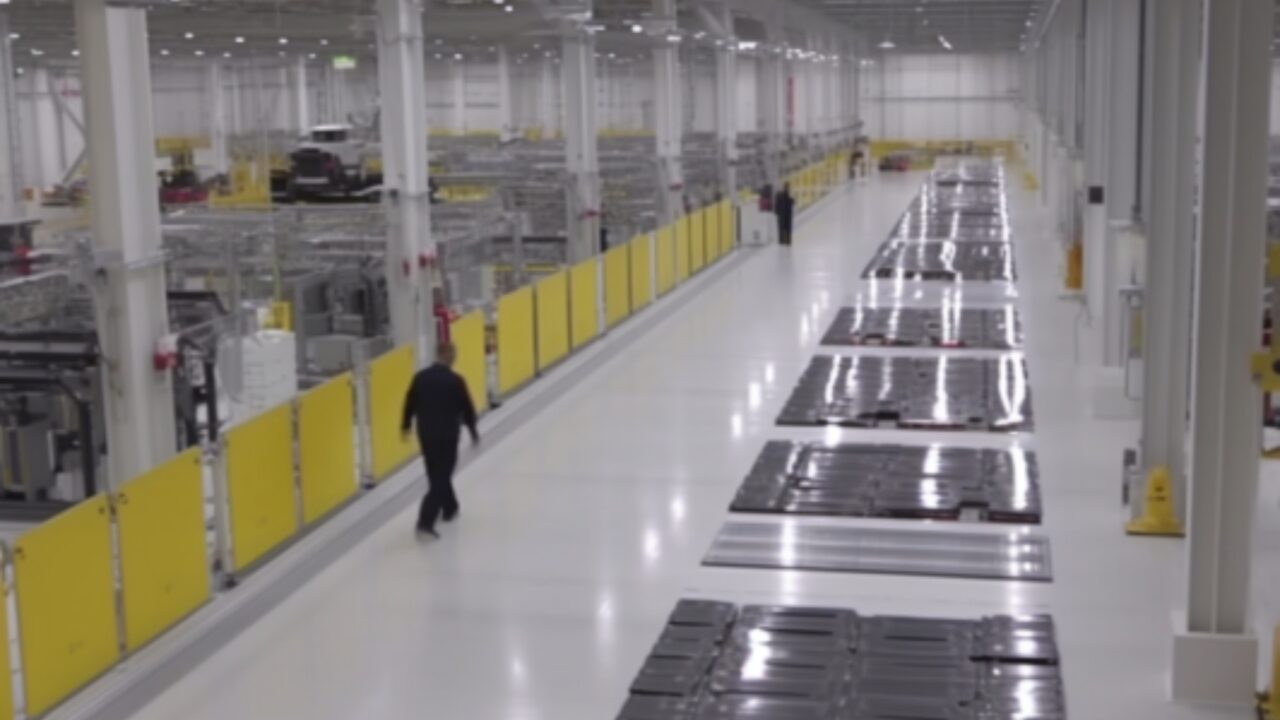
This follows the sale of Britishvolt to Recharge Industries. Recharge Industries hopes to create up to 8,000 jobs. The project is needed to address the UK’s pressing car battery needs, with only one Chinese-owned battery plant currently operating, compared to 35 planned or under construction in the EU.
Wales
The Welsh government has been criticised for missing targets for developing a network of charging points for electric vehicles, with concerns that the lack of charging infrastructure will hinder the uptake of EVs.
The Welsh government’s plan to develop a network of charging points for electric vehicles has been described as “embarrassing” and “inadequate”. The Welsh government has not met its targets for the development of charging infrastructure, and there are concerns that the lack of charging points will make it difficult for people to switch to electric vehicles.
The Welsh government needs to do more to address the lack of charging points for electric vehicles. This could include providing financial incentives to businesses and individuals to install charging points or working with local authorities to develop charging infrastructure. The Welsh government also needs to do more to promote the benefits of electric vehicles, such as their environmental impact and their potential to save money on fuel costs.
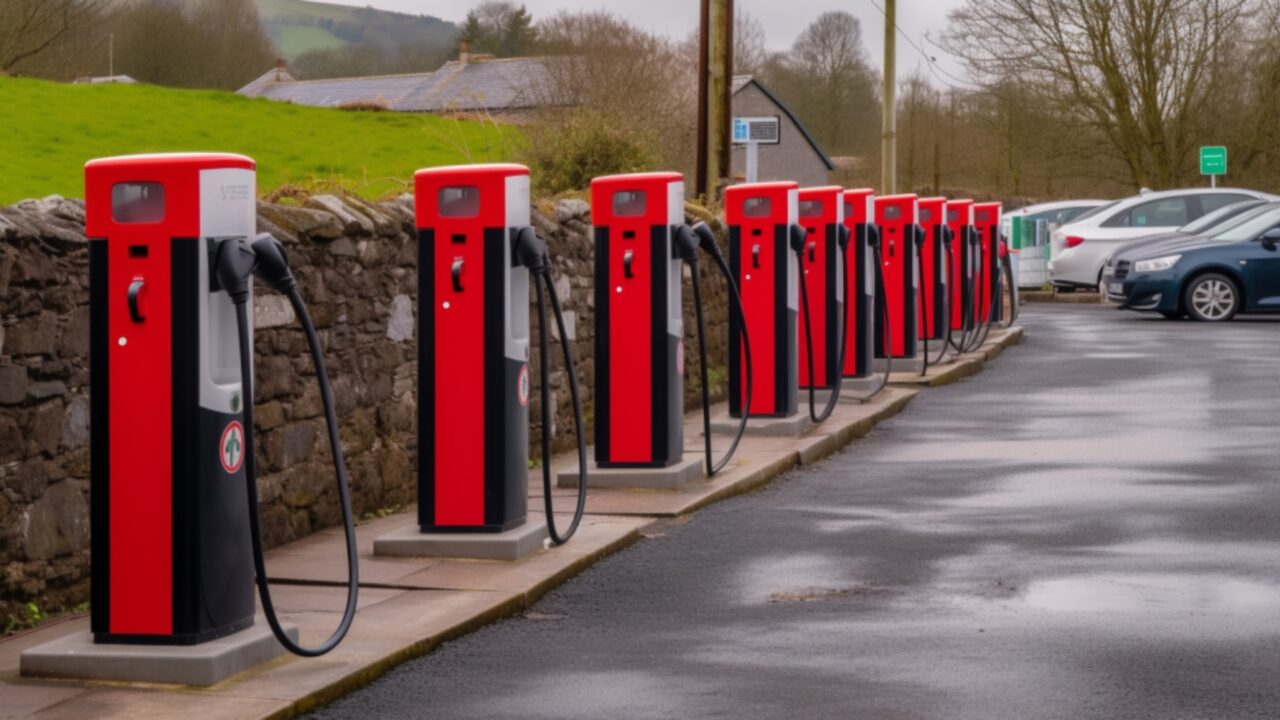
The lack of charging points for electric vehicles is a significant barrier to the uptake of electric vehicles in Wales. The Welsh government needs to take action to address this issue if it wants to encourage people to switch to electric vehicles.
Seeing round corners
Nissan and other collaborators complete three years of trials for the ServCity project, using Nissan’s electric Leaf model to refine autonomous technologies for complex environments in the city.
The ServCity project, a collaboration between Nissan, Hitachi Europe, Transport Research Laboratory, the University of Nottingham, and others, has been using Nissan’s electric Leaf model to refine autonomous technologies for busy city streets. Equipped with cameras and sensors, the system can identify potential hazards in advance to anticipate problems and move smoothly through traffic. ServCity cars have completed 1,600 miles of autonomous driving without serious incidents in three years of trials, expanding the boundaries of autonomous driving beyond highway driving to take on complex environments in the city.
The project uses roadside infrastructure, such as traffic cameras, to improve the car’s awareness beyond its own sensors. The Smart Mobility Living Lab’s head of technical consulting, James Long, has been exploring how roadside cameras and infrastructure can see beyond the line of sight, transmitting information to the vehicle like “X-ray vision.” Ultimately, this technology could create an ecosystem where cars do not rely on their own sensors but take in information from their surroundings and other cars, reducing congestion.
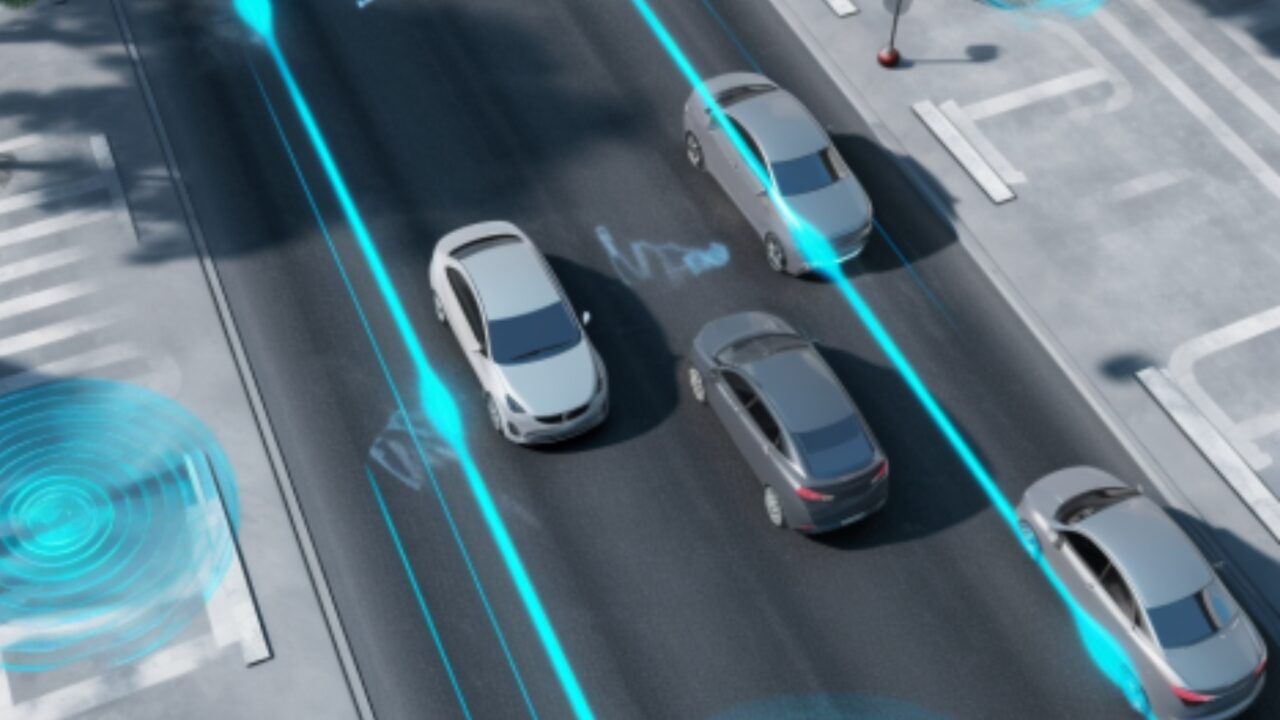
While the ServCity trial is impressive, experts predict it will be years before self-driving cars become mainstream in cities. Infrastructure needs to be prepared, and high-definition 3D maps need to be developed for every area where they will be used. However, the benefits of trials like ServCity will be seen sooner rather than later, according to Nissan’s David Moss.
Green Day UK
The UK government announces £380 million for the UK’s electric vehicle charging network, a £160 million investment in emerging floating offshore wind, and £240 million for a Net Zero Hydrogen fund, among other initiatives, to reach its net zero targets.
The plans include £380 million to grow the UK’s electric vehicle charging network, a £160 million investment in emerging floating offshore wind, as well as £240 million for a Net Zero Hydrogen fund to support new green hydrogen production projects. There will also be a streamlining of planning permission for solar and offshore wind to speed up the process and attract investment.
Other initiatives include extending the Boiler Upgrade Scheme to 2028, launching the Great British Insulation Scheme to upgrade 300,000 of the UK’s least energy-efficient homes, and supporting heat pumps through an Expression of Interest process as part of the Heat Pump Investment Accelerator competition.
The government is also investing in Carbon Capture Usage and Storage clusters and offering an extra £10 billion capacity to boost exports in clean growth sectors. The funding will help to build a stable environment for businesses to transition to electric vehicles and sustainable aviation fuel.
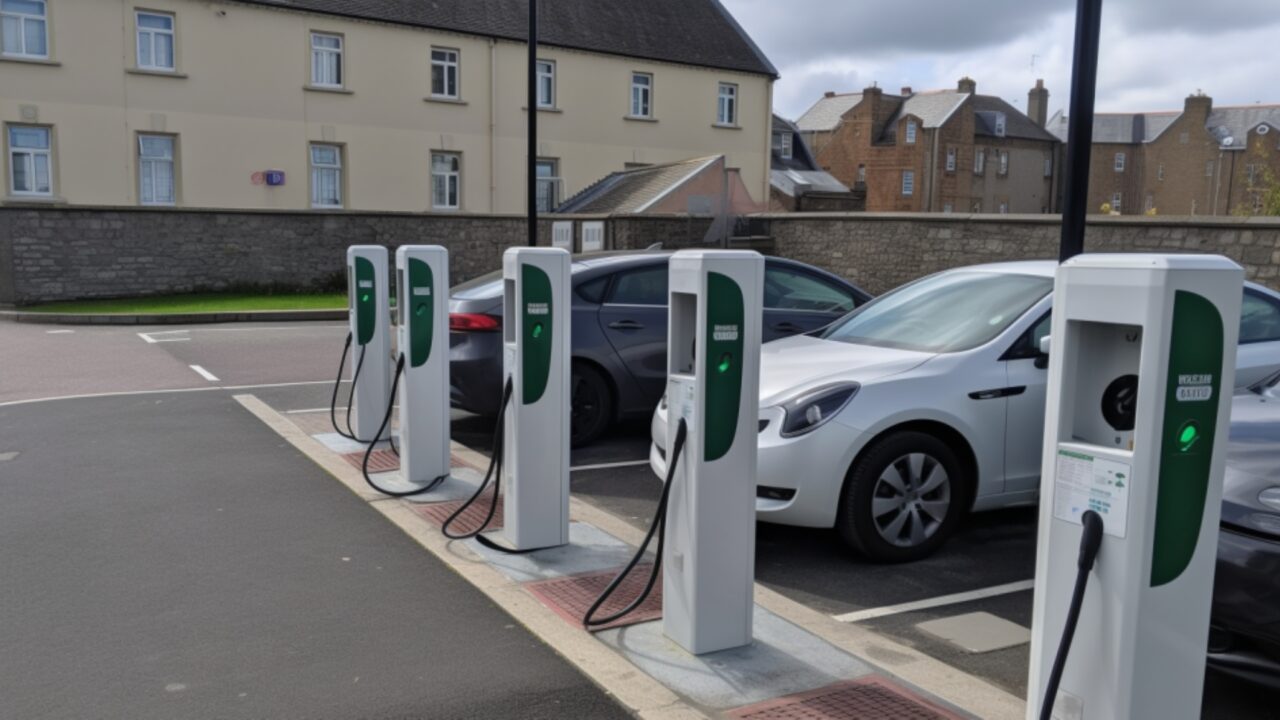
The plans aim to create new jobs across the country and provide new opportunities for British businesses at home and abroad. Prime Minister Rishi Sunak said the UK is driving forward plans to boost renewables, revive nuclear, and build new thriving industries like carbon capture to reach net zero. Energy Security Secretary Grant Shapps added that access to cheap, abundant, and reliable energy provides the foundation stone of a thriving economy.
V2G
The Energy and Climate Intelligence Unit warns that the slow introduction of V2G technology could cost EV drivers.
The Energy and Climate Intelligence Unit (ECIU) has warned that the slow introduction of vehicle-to-grid (V2G) technology could cost electric vehicle (EV) drivers up to £6.5 billion on energy bills in the UK. Colin Walker, a transport analyst at the Energy and Climate Intelligence Unit, said, “The potential is enormous, enabling drivers to make money simply by plugging in after a day at work. This small act in turn brings down the costs of running the grid, cutting everyone’s bills, and reducing the quantity of gas we need to import.” V2G technology can also manage the time EVs are charged to utilise periods of abundant, green electricity on the grid, reducing the strain on the grid. The ECIU estimates that by 2030, V2G could potentially provide 20GW of power, replacing 20 gas power plants at times of peak demand in winter.
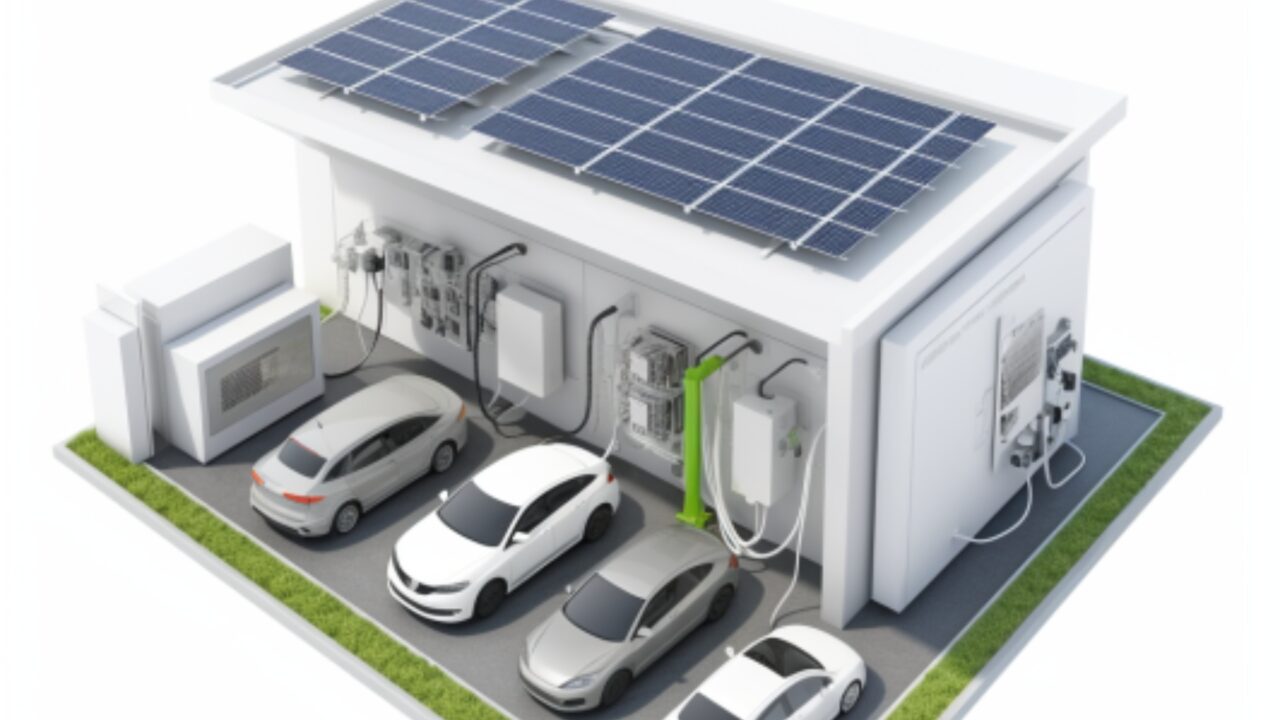
V2G technology enables EVs to sell electricity back to the grid from their batteries, helping to balance electricity demand during peak hours. The ECIU believes that with the impending Zero Emissions Vehicle (ZEV) Mandate, 13.5 million V2G capable EVs could be available to sell electricity to the grid by 2035, earning their owners almost £7.6 billion, however, the government is slow in rolling out V2G.
